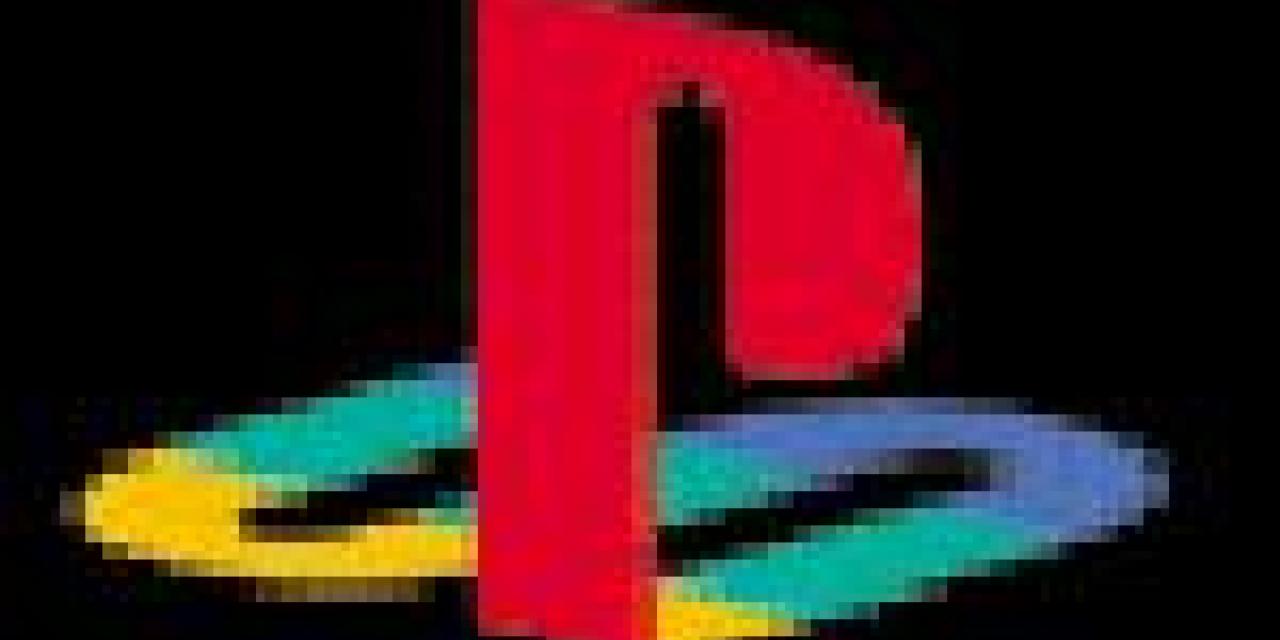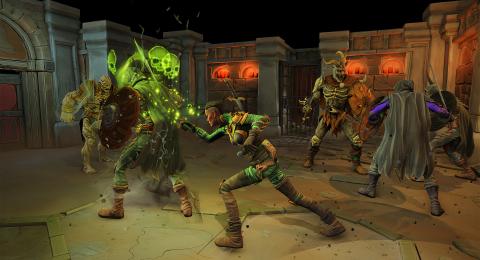
Although Sony, carefully, avoid giving out any information on the time frame built around PlayStation 3, they are extremely eager to pass on information on what their plans are for the new console. These plans often sound confusing and vague but some conclusion regarding the general direction towards which Sony are moving may be reached.
According to the latest information on the PS3, the idea is for the console to escape the restrictive confines of the traditional console box.
We're not thinking about hardware, said Kenichi Fukunaga, spokesman for Sony Computer Entertainment, The ideal solution would be having an operating system installed in various home appliances that could run game programs, he said.
Expectations of a 2005 release date are a result of a common microchip project among SCE, Toshiba Corp, co-producer of the PlayStation 2's complex microprocessor, and International Business Machines Corp.
Estimated to last four-years and codenamed cell the project is due for completion in spring 2005 and aims to create a powerful processor for home electronics with ultra-fast Internet connections that could, for example, transmit high-resolution moving pictures.
It's possible PlayStation 3 would come out in 2005, since that's when Sony's cell project will yield something, said Kazuharu Miura, an analyst at Daiwa Institute of Research Ltd.
Japan's broadband infrastructure for high-speed Internet services is widely expected to be complete by 2005 and Sony should by then have a clear idea of what online games people want to play.
According to SCE the details of the integration of the cell processor into the PS3 game console, but the general idea is to use the chip in Internet servers and home electronics to divide computing tasks among networked machines.
In that way every PS3 will turn into a SuperComputer enabling it to handle everything from games to video recording to downloading data from the Internet.
We've started with boxes, making boxes do specific things, but if you have a chip this powerful you can add functions to any box. It's reverse thinking, said SCE's Fukunaga.
PlayStation 2, has sold more than 33 million machines since its launch in March 2000, and leads the console wars from a comfortable distance from its rivals, released last year, Xbox and GameCube.
This current console war is expected to continue into the future versions of the consoles. According to various sources, Microsoft is considering launching a new game machine in 2003 or 2004 that would cost about USD500 and be able to pause live TV and record programs onto a hard drive.
Brace yourselves and prepare for Console Wars Episode II.








